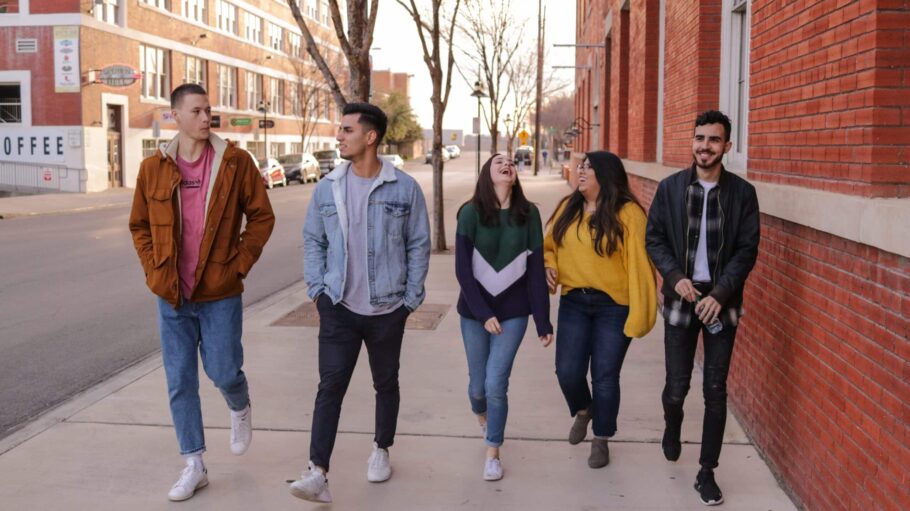Megan Allen, our brilliant BeeZee Bodies Community Sports & Health Officer, recently presented a fantastic masterclass on the best way to engage teens.
Our inboxes were so inundated with positive feedback from the attendees of this session that we decided to ask Meg to give us her top tips and takeaways from this class.
So over to you Meg…
Teens aren’t always the easiest bunch to engage with. I know, you know… because we’ve all been that age.
A programme that is a proven success with young children or adults won’t necessarily work for teenagers. It’s not that they speak a different language… (most of the time!)… but it’s important to get the delivery right in order to involve them, offer challenge and support to help them to make positive, lasting changes to their own lifestyles rather than feel forced into it.
To have the best impact, we found the following top tips:
- Build rapport:this is absolutely key! Don’t talk at teens, talk with them. Encourage a conversation, ask questions, pose ideas, most importantly get them talking… Let them tell you what ‘fun’ looks like – they won’t always offer it directly, so make sure you are listening out for hints of what they might find interesting and enjoyable. Hint – Among Us, Skribbl.io and other online games that are similar went down well with our teens online!
- Create a collaborative space: provide a collaborative space that encourages input from everyone in the group, letting them take the conversation in the direction they want.
- Youth Participation Scale: when looking at co-producing with teens, we like to use the Youth ParticipationScale, to measure and ensure we are truly collaborating rather than dictating to young people. This is where co-production comes in.
- Co-production: is an interesting way to work, especially with young people, and if people are willing to put time and effort into it, extremely rewarding but of course like all forms of project work, co-production does not come without its challenges and I think it’s fair to say we have faced our fair share.
- If we gave the group too much autonomy, the task would feel impossible and frustrating and so the group are likely to disengage. Give them too much structure, they become bored and distracted by other things. Hence, the importance of finding the middle ground – offering something challenging but achievable. In academic terms you might call this ‘flow’.
- Listen and act: don’t just listen to their ideas because you know it’s the right thing to do. Listen to their ideas and then implement them. Each idea is valuable, no idea is a bad idea. If teens feel you’re taking what they say on board and acting upon it, they’ll be more inclined to engage in the outcome.
- Reflect:after a session, watch it back and reflect on behaviours and interactions to learn what worked and what could be improved upon next time.
When reflecting and working with teens, we use a range of behavioural and sociological theories, predominant amongst them being Self Determination Theory which we have found significantly useful when working with teens.
Self Determination Theory is about empowering people to feel a sense of connection to what truly matters to them. It’s about giving them the opportunity to demonstrate a level of competence in the things that they do and give them a sense of autonomy to make them feel that have real ownership, specifically of those things that matter to them.
We run free healthy lifestyle courses for kids and adults. But we get that the things you want to know at 5 years old differs to when you’re 50! So, with the help of young people, we created B• YOU(th) – a place for teens to discuss the health and wellbeing topics that matter to them.
Together with our growing group of young people, we are starting to build a Health and Wellbeing Service. We are sharing the challenges, discussing ideas, talking about things that they (and we) care about, and thinking about how we can build something together that people just like them can really benefit from.
It is in their hands moving forward.


